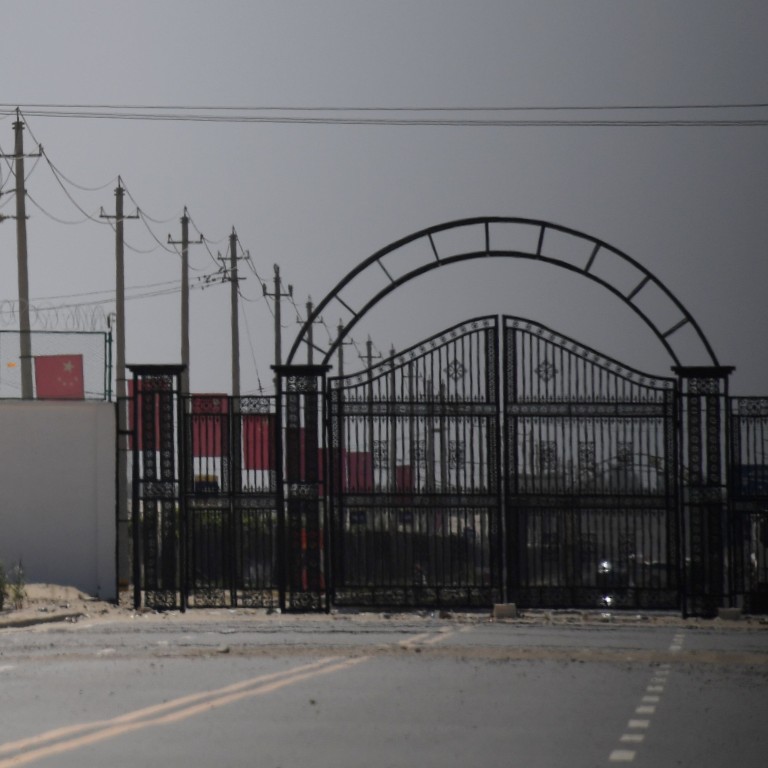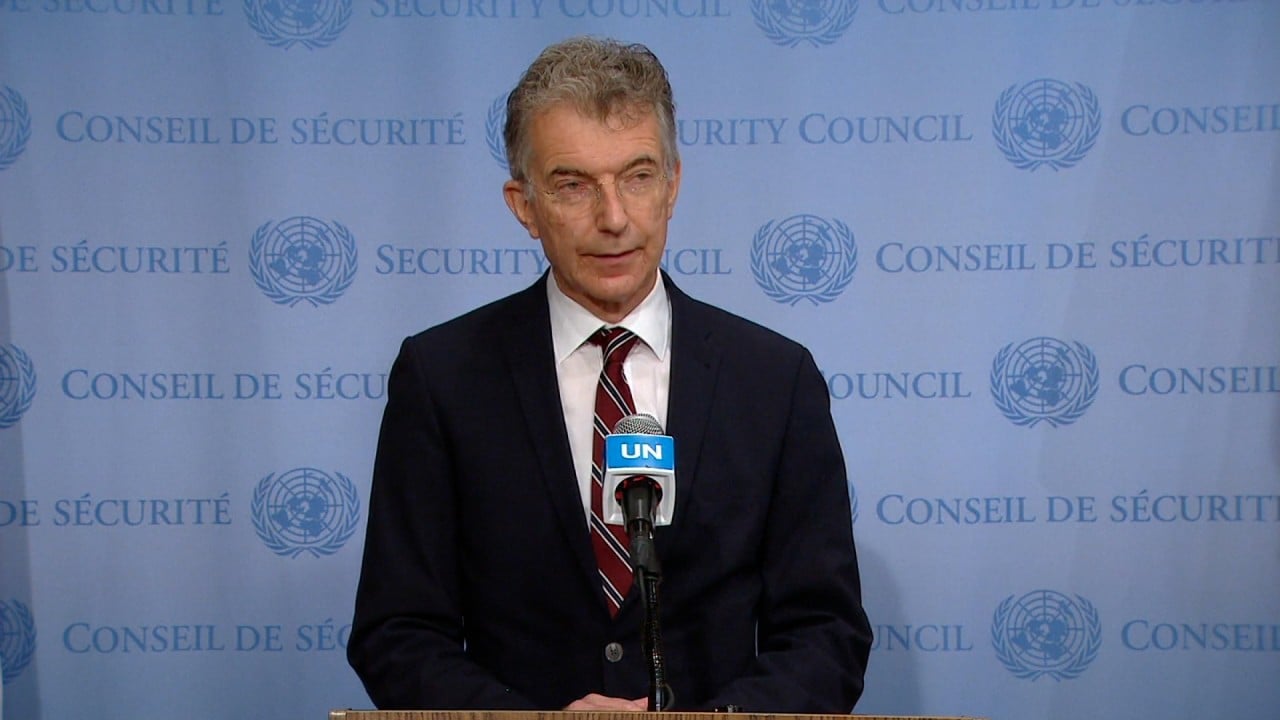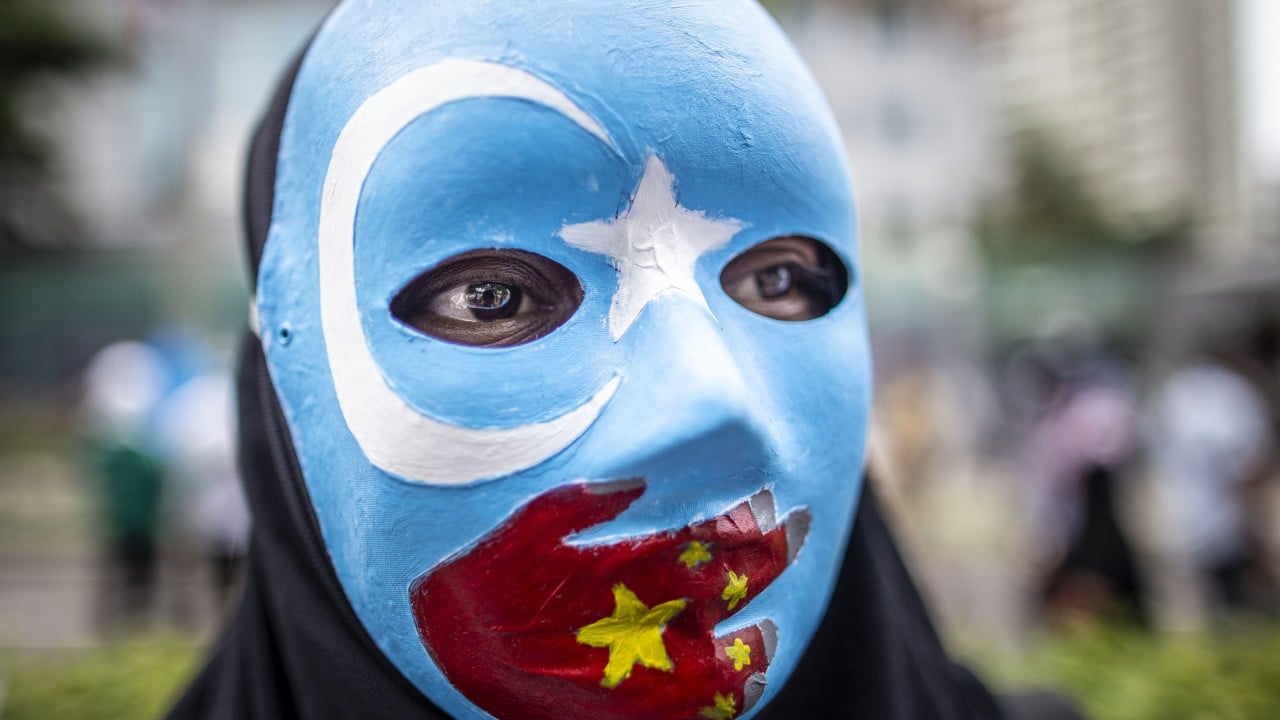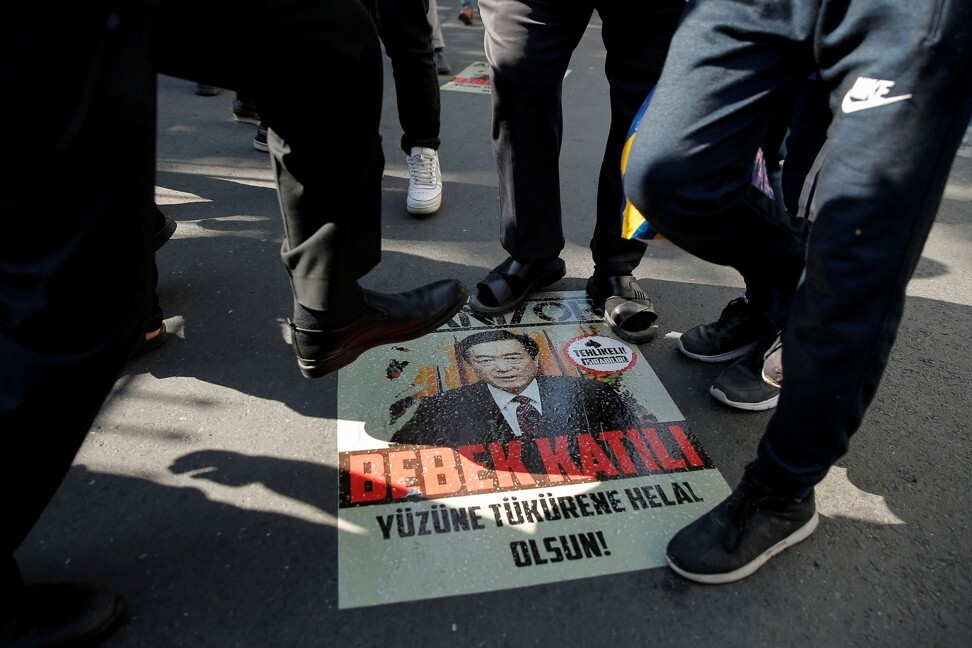
Malaysia’s quiet resistance against Uygur extraditions to China worth emulating
- Putrajaya’s approach doesn’t poke Beijing in the eye, but still shows it is not oblivious to the plight of Uygurs in Xinjiang
- It’s a move that will come with little immediate cost to countries deciding to do likewise, as the likelihood of a Uygur exodus into their borders is highly unlikely
According to the Human Rights Watch (HRW), Uygurs in the Xinjiang region have been subject to serious human rights abuses such as mass arbitrary detentions, enforced disappearances and torture in custody. Beijing has denied such allegations, maintaining that the camps provide Uygurs with vocational training.

01:53
Germany and allies call for acceptance of Uygurs and slam China on Hong Kong’s national security law
The Jamestown Foundation, an institute for research and analysis, said in a 2017 report that a Uygur exodus began following the 2009 riots in Xinjiang that led to the deaths of nearly 200 people.
As a journalist who arrived in its capital Urumqi a day after the unrest and spent several days covering the riots, I heard from local Uygurs how difficult it is for them to travel to other parts of China.
One Uygur man said that apart from being described as “untrustworthy thieves and robbers”, it was a challenge for Uygurs to find jobs in the country, given the widespread discrimination by the predominant Han Chinese population. Uygurs checking into hotels would often be turned away, or could even face being interrogated by local police – tipped off by the hotel staff, he said.
Malaysia stands firm on not deporting Uygurs, risking China’s anger
Restrictions on Uygurs tightened further after two incidents in 2013 and 2014 – in the first, a car said to be driven by extremists from Xinjiang crashed into Tiananmen Square in Beijing, and in the second, a group of knife-wielding men attacked passengers in Kunming, Yunnan province.
Describing the incidents as premeditated and terrorist attacks perpetrated by Uygurs, Beijing waged further crackdowns in Xinjiang. According to the Jamestown report, 27,164 arrests were made in 2014, a 95 per cent increase from 2013.
This soon sparked an exodus of Uygurs, mostly to Turkey but also to Southeast Asia. By the end of 2014, Thailand had detained 350 Uygurs while Malaysian authorities detained 155, the report said.
But with increasingly strict social controls enacted by Beijing, Uygurs are finding it almost impossible to leave.
During my last visit to Xinjiang in 2017, locals told me that applying for a passport had become increasingly difficult. By then, the province had turned into a tightly-controlled region, with security guards and metal detectors found not only in government offices and hotels, but also in the humblest restaurants, shops and supermarkets.
Roadblocks were also set up throughout the region, with personal identifications checked and verified, and individuals interrogated on where and why they were travelling out of their homes.
The Uygur Human Rights project said in April this year that the Chinese government had long “weaponised access to passports” through confiscations and discriminatory procedures.
In Thailand, China’s National Day marked by protest supporting Uygurs, Hong Kong
It added that not only was Beijing denying Uygurs the right to a passport, it had also made clear that the only way to renew a passport was to return to Xinjiang, where upon doing so, many would be detained or even disappear, possibly into one of the camps.
Although the Chinese government provides no public information on the number of people held in these camps, rights groups estimate there are at least 1 million detainees.
Describing the inability to leave, one Uygur man told me in 2017, citing a Chinese expression: “Even if I have wings, I cannot fly away.”
Another said: “Even a mosquito should not think of flying out of Xinjiang without the proper authorisation.”

01:45
Indonesian and Malaysian Muslims protest in support of Uygurs in China
With countries including the United States and Canada leading vocal criticism of China’s actions in Xinjiang, Malaysia’s quiet resistance reflects it is unwilling to poke Beijing in the eye, while still sending an unmistakable signal that the world is not oblivious to the plight of the Chinese Uygurs.
It can also be viewed as not embarrassing or even giving “face” to China, a gesture that will not be lost on Beijing.
Its approach is also unlikely to earn the full extent of China’s wrath as there is no danger of the Southeast Asian country becoming an immediate conduit for those seeking to escape given Beijing’s draconian social controls.
Not every gesture of helping and sending a positive signal to the Uygurs in China ought to be done in a boisterous manner.


